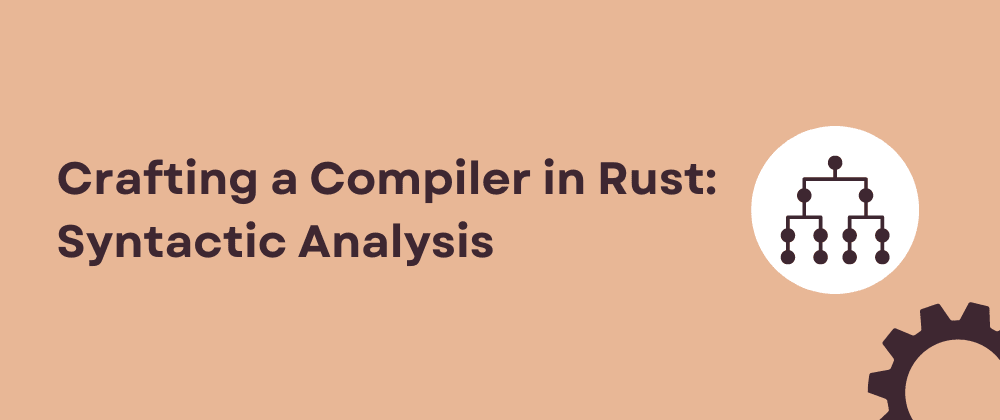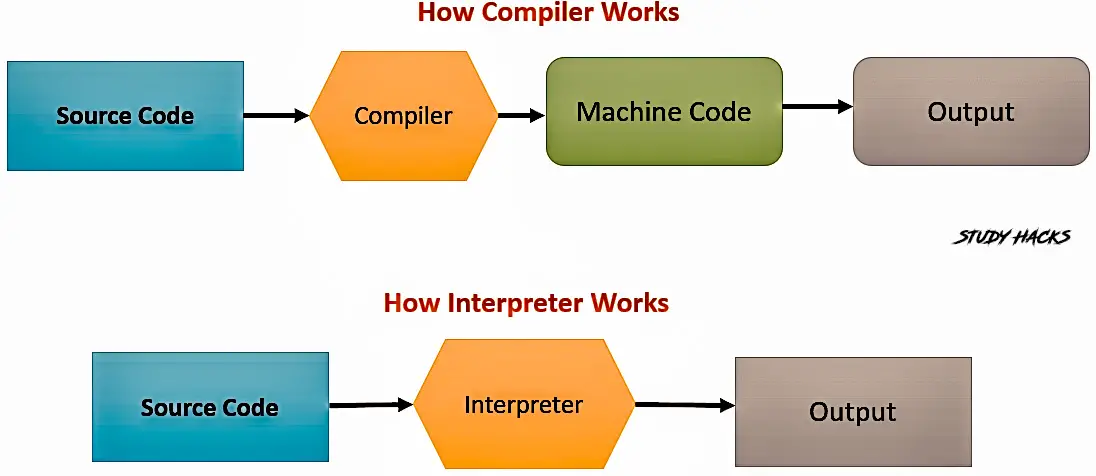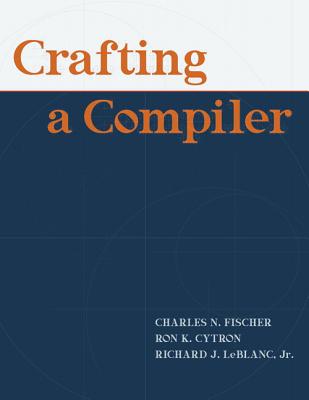Compiler Crafting Challenges: Developing and Debugging Compilers

Creating and debugging compilers, which are crucial software that translates high-level programming languages into low-level machine code, present numerous challenges. Compilers are notoriously complex systems, and their development involves several intricate stages.

Development Challenges:

- Lexical Analysis: Identifying and tokenizing individual elements of the source code (e.g., keywords, identifiers, operators) requires precise pattern matching and can be challenging for languages with complex syntax.
- Parsing: Transforming the tokenized code into a hierarchical structure (e.g., parse tree) requires sophisticated algorithms that can handle ambiguous grammar and error recovery.
- Semantic Analysis: Checking the code for correctness requires analyzing the semantics of the source code, which involves resolving variable bindings, type checking, and detecting logical errors.
- Code Generation: Translating the intermediate representation of the code into efficient machine code is a complex process that involves register allocation, instruction selection, and optimization.
Debugging Challenges:
- Multiple Levels of Abstraction: Compilers operate at multiple levels, making it difficult to trace errors across different stages (e.g., lexical, parsing, semantic, code generation).
- Indirect Errors: Errors in one component of the compiler can manifest as errors in a different component, making it challenging to identify the root cause.
- Complex Interdependencies: Compilers are highly interconnected, and changes in one part can impact behavior in other parts, leading to unexpected errors and hard-to-diagnose bugs.
Addressing these challenges requires a combination of rigorous design, testing, and debugging techniques:
- Formal Methods: Employing formal methods, such as type systems and semantic analysis, can help ensure the correctness of the compiler design.
- Testing and Verification: Extensive testing with a variety of inputs is essential for detecting errors. Automated testing frameworks and verification tools can assist in this process.
- Debugging Tools: Specialized debugging tools for compilers, such as source-level debuggers and performance profilers, are invaluable for identifying and resolving errors.
Mastering the challenges of compiler crafting demands a deep understanding of language theory, programming language design, and software engineering principles. It is an arduous but rewarding endeavor that plays a fundamental role in the development of modern computing systems.

